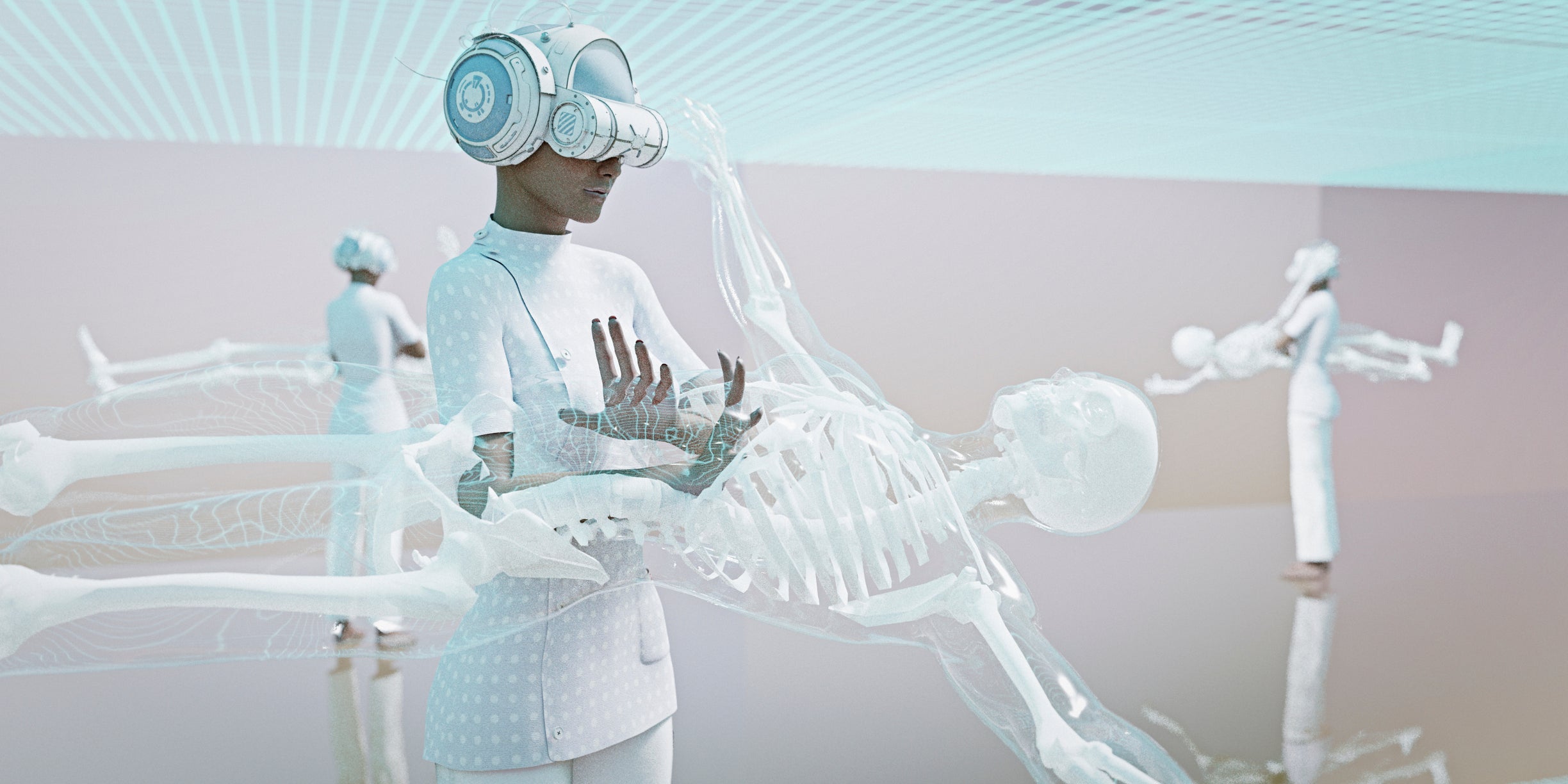
Robots will soon be being deployed more as companions than tools in the healthcare industry, and revolutionary surgical robots will be able to carry out more complex procedures – some of which have never been seen before.
The medical robotics market was worth $4.7bn in 2020 and will be worth a whopping $14.5bn in 2030, according to GlobalData forecasts.
It is believed that healthcare providers will invest heavily in medical robots, to improve standards of care in the industry as well as compensate for staff shortages.
Jemima Walker, analyst at GlobalData, discussed these exciting predictions and more, in a recent podcast from the firm.
Walker discussed some of the insights that were published in her recent report ‘Robotics in Healthcare’.
Walker explained that surgical robots will be able to carry out much more complex procedures in the future “some of which we aren’t even able to do today, offering hope for patients.”
How well do you really know your competitors?
Access the most comprehensive Company Profiles on the market, powered by GlobalData. Save hours of research. Gain competitive edge.

Thank you!
Your download email will arrive shortly
Not ready to buy yet? Download a free sample
We are confident about the unique quality of our Company Profiles. However, we want you to make the most beneficial decision for your business, so we offer a free sample that you can download by submitting the below form
By GlobalDataAs well as this, the care robotics market is set to grow by 42%, according to Walker.
The analyst noted that robots in the future will “be cast more as companions providing emotional support, rather than seen as tools.”
Walker explained that the price of medical robots, in particular surgical robots, is a lot more expensive for governments in Europe where public healthcare systems dominate.
“The technology is just out of reach for most governments with regulated spending,” Walker said.
The analyst noted that this is the reason why North America has a much larger market for healthcare robotics.
However, Walker explained that the price of surgical robots is set to decrease “as the cost of the underlying technology decreases” and as more competitors bring cheaper alternatives to the market.
Walker pointed to SS Innovations, an Indian medical device startup, as an example of a company revolutionising the industry and allowing for cheaper access.
“They’re pioneering cost-effective medical robots, to improve patient access in India and reduce India’s dependence on imported expensive surgical robotic systems,” Walker said, “this will help increase adoption worldwide.”
Walker also explained that robotics will disrupt the pharmaceutical manufacturing industry and that it will “lead to huge enhancements beyond productivity increases,” noting that robotics will improve compliance, consistency, and operational excellence.
GlobalData is the parent company of Verdict and its sister publications.







